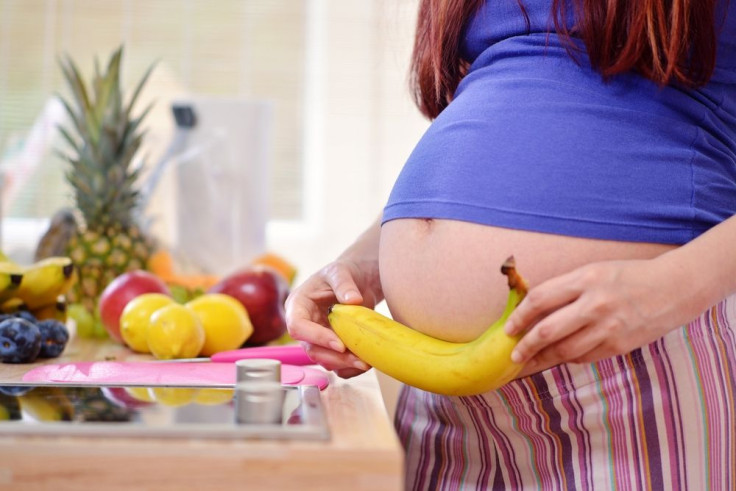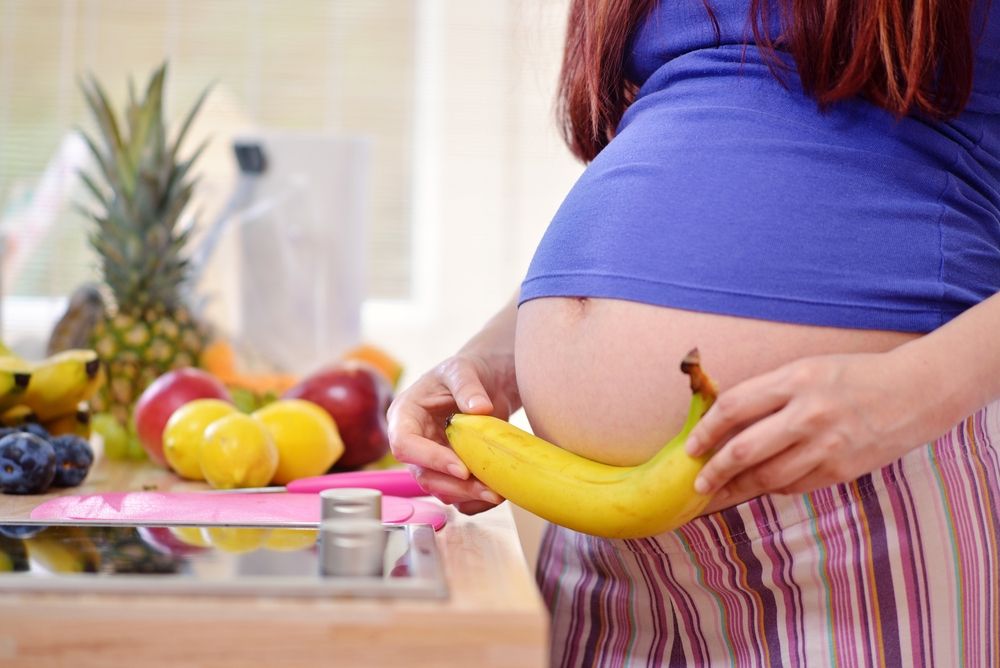Tips On Getting Pregnant: 8 Fertility Foods To Add To Your Shopping Cart

Couples looking to add a new addition to their family will attest to the tiresome methods of calendars, charts, and countdowns for ovulation. Pregnancy prospects may appear grim when it comes to boosting fertility naturally, but a healthy, balanced diet full of essential nutrients may help both a woman and a man’s fertility.
In the U.S., approximately 10 percent of women between the ages of 15 and 44 have trouble conceiving or staying pregnant due to problems with ovulation, blocked fallopian tubes, physical problems with the uterus, or uterine fibroids. However, infertility is not always a woman’s problem. A Centers for Disease Control and Prevention study found that 7.5 percent, or 3.3 to 4.7 million of all sexually experienced men younger than age 45 reported seeing a fertility doctor during their lifetime. Of these men, 18 percent were diagnosed with a male-related fertility problem. Low sperm counts, poor sperm quality, or both account for more than 90 percent of male infertility cases.
While some risk factors may not be altered, both men and women can modify behaviors that have been tied to low fertility rates, such as a poor diet.
Click "View Gallery" to see the fertility superfoods that may boost a couple’s chances to conceive.




























